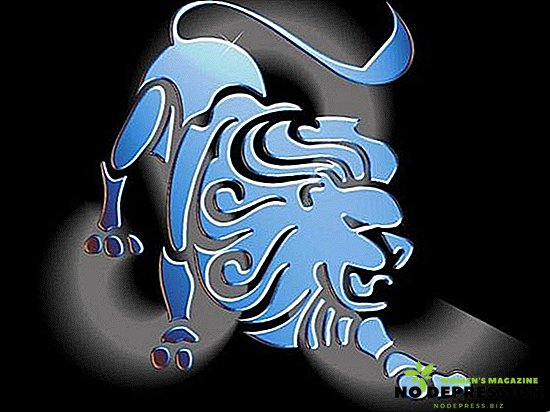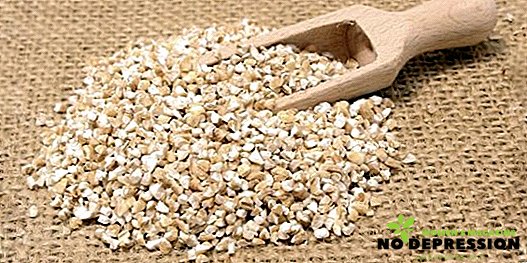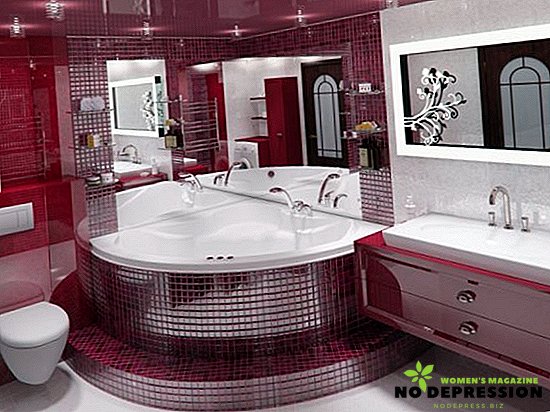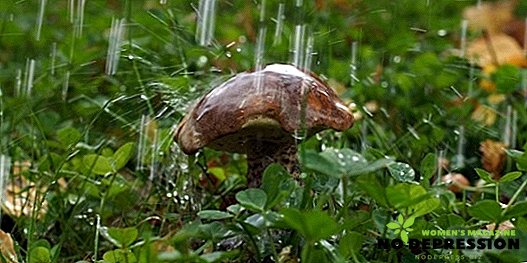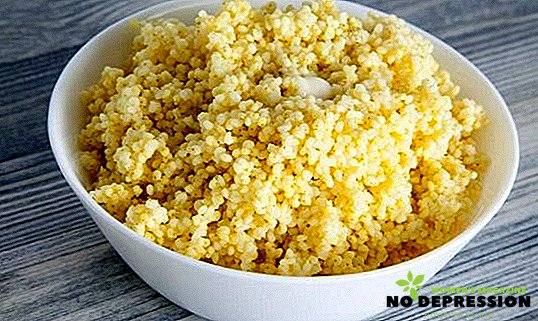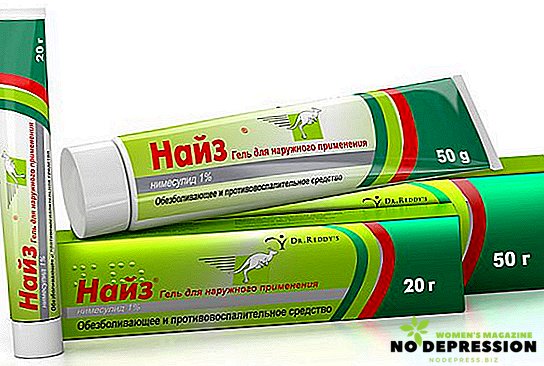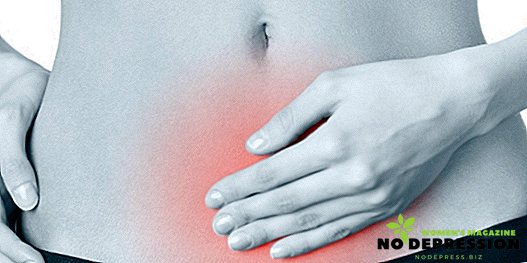Inflammation of the nasal sinuses, namely, it is sinusitis, is almost always the result of an untreated or dishonestly cured rhinitis. For timely treatment should know the symptoms and the development of the disease.
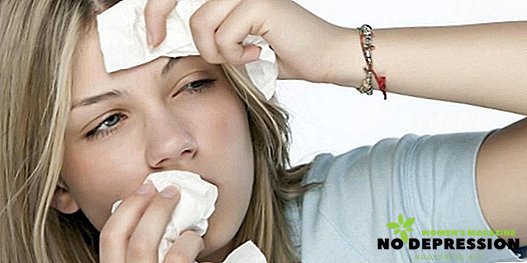
Why does sinusitis in adults
With constant runny nose and yellow, regular discharge from the nose should contact the ENT doctor, because these symptoms may be evidence of sinusitis. Modern medicine identifies many reasons for the development of sinusitis:
- Infection - viruses or bacteria enter the nasal cavity through blood or with air;
- Congenital or acquired damage to the nasal septum;
- All types of rhinitis;
- The presence and growth of polyps and adenoids in the nasal cavity;
- Allergic diseases;
- Immune system disorders as a result of long-term chronic diseases;
- Started or incorrect treatment of colds, acute respiratory infections.

The development of sinusitis can last for years or go into an acute form in a couple of weeks - it all depends not only on the human body and the strength of its immune system, but also on various risk factors that can trigger an exacerbation of the disease:
- prolonged stay in a room where the air is too dry and hot;
- constant draft;
- inhalation of chemical fumes;
- bad teeth and lack of oral hygiene;
- external influence of aggressive environment;
- hypothermia;
- weak immune system;
- the presence of various diseases: tuberculosis, fungal infections of the mucous membranes, radiation exposure, tumors.
No less serious cause of sinusitis - the regular use of vasoconstrictor drops, which are discharged from the common cold.
Types of sinusitis and its symptoms
Sinusitis is quite a serious disease, which is divided into several types for various reasons:
Sinus lesions:
- unilateral - inflamed sinus on one side;
- bilateral - both sinuses inflame.

Causes:
- viral - a cold virus enters the body and against its background antritis develops, which most often passes with antiviral treatment;
- Bacterial - develops on the 7-14 day of acute cold, when bacteria start to accumulate in the body, and immunity is reduced. Another way of its occurrence is bacteria that enter the sinuses through the oral cavity as a result of impaired oral hygiene or dental diseases;
- fungal - develops on the background of immunodeficiency diseases and uncontrolled intake of antibacterial agents;
- traumatic - occurs as a consequence of head injuries, fractures of the anterior wall of the sinuses;
- allergic - occurs when allergens are applied to the nasal mucosa;
- aerosinusitis - observed with air travel, divers and scuba divers with pressure drops;
- mixed - a combination of several types of sinusitis in one person at a time;
According to the course of the disease:
- acute - the disease occurs seasonally, in moments of increasing incidence and as a consequence of viral diseases;
- chronic - the disease is not cured completely and has periods of exacerbations and remissions.

Symptoms of sinusitis are quite pronounced, although asymptomatic disease is rarely observed:
- dry nocturnal cough caused by runoff of pus through the nasopharynx of the maxillary sinuses;
- nasal congestion;
- labored breathing;
- reduced sense of smell;
- yellow-green discharge;
- headache and pain in the T-zone (forehead, cheekbones);
- unpleasant smell from the nose;
- Red eyes;
- pain when pressed in the infraorbital fossa.
Treatment with antibiotics and other methods.
Due to the fact that the symptoms of sinusitis is very similar to the symptoms that manifest themselves in other diseases (acute frontal sinusitis, allergic rhinitis, etc.) in the diagnosis of sinusitis use several different tools to accurately determine its appearance and stage of development. Most often, the doctor prescribes:
- Rhinoscopy;
- Inspection of the nasal passages using mirrors;
- Complete blood count to determine the inflammatory process;
- X-ray of the nose;
- Ultrasound of the nasopharynx;
- CT scan of the facial area of the skull;
- Puncture of the maxillary sinuses and examination of samples.

Self-treatment for antritis can be dangerous to health and life, because medicines that treat a cold, as a rule, do not help in the treatment of sinusitis. What treatment is prescribed ENT more often?
Antibiotics must be used for inflammation of the maxillary sinuses, as they help to recover faster from an illness and maintain immunity during it. Doctors often prescribe:
- Ampisid tablets and suspensions;
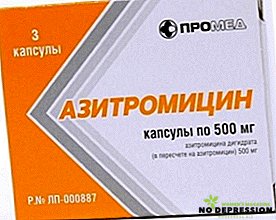
- Unazin for injection;
- Azithromycin capsules;
- Macropen tablets and powders;
- Spectracef;
- Okomistin.
It is worth remembering that self-medication can be dangerous. If the patient cannot take the usual medication, he is prescribed the antiviral agent Sinupret tablets.
Other treatments for sinusitis include:
- Inhalation;
- Compresses (only by prescription);
- Surgical intervention with the ineffectiveness of other drugs;
- Washing the nasal cavity with saline or special suspensions to remove pus and mucus;
- Physical therapy, which includes:
- inhalation;
- warming up;
- electrophoresis;
- microwave therapy;
- magnets therapy.
For compresses, washes and inhalations, not only medicines are used, but also herbal extracts - eucalyptus, chamomile or calendula.

Surgical intervention
To surgical intervention in the treatment of sinusitis include:
- Puncture - this operation is therapeutic and diagnostic and safest. During it, the sinus is punctured and purulent contents are removed from there. After that, the cavity is washed with an antiseptic solution;
- Balloon sinusoplasty is the newest operation in which the natural fistulas of the nose are opened and the sinuses are washed without damaging the nasal structures;
- The Yamik catheter is a minimally invasive method of treatment, in which a vacuum is created in the nasal sinus and pus is pumped out. After the procedure, the nose is also washed with antiseptics;
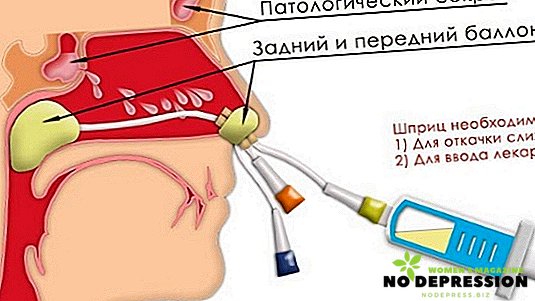
- Endoscopic surgery is a radical treatment with an endoscope that is inserted into the nose and helps to drain all the mucus from the sinuses, as well as to remove tissue with pathologies;
- Laser treatment is one of the types of endoscopic operations where a laser is used instead of an endoscope. It affects the mucous membrane with high-intensity light and a certain frequency. This leads to microburning of tissues, which allows to reduce the volume of the mucous membrane and improve sinus aeration;
- The Caldwell-Luc operation is a radical operation in which the skin under the upper lip and chisel (drill) is cut through a hole through which pus and affected tissues are removed.
Surgery is carried out when medical and physiotherapy intervention has failed. The operation causes minimal harm and is the most effective treatment for sinusitis.
Treatment of sinusitis at home folk remedies
Many doctors in the diagnosis of sinusitis, in addition to medications, recommend the use of some folk remedies that can contribute to a cure. True, any tool should be discussed with your doctor. To folk remedies for the treatment of sinusitis include:
- Laurel compresses - boil 5 leaves of bay leaves in a small amount of water. Wash a piece of cloth in the broth and make compresses on the region of the maxillary sinus. Procedures repeat week;
- Inhalation with propolis - 10 ml of 30% propolis tincture pour in a small amount of boiling water and breathe over the steam, covered with a cloth;
- Using a drop based on onion, potatoes and honey - in equal proportions mix the juice of onions, potatoes and honey. The resulting drops regularly drip into both nostrils;
- Rinse the nasal cavity - for this you can use herbal, salt and soda solutions, beet juice.
One has only to remember that any treatment, especially warming up, must be coordinated and approved by the attending physician.
Chronic sinusitis: symptoms and treatment in adults
Chronic sinusitis is the result of neglected and untreated sinusitis. Its symptoms manifest in the acute stage:
- general weakness and malaise;
- elevated temperature not more than 37.5 degrees and easy chills;
- constant nasal congestion and green discharge;
- pain in the nose, teeth and cheekbones;
- nasalism;
- feeling of "coma in the throat", due to the constant flow of mucus from the sinuses.
- headache;
- eyelid edema and conjunctivitis;
- violation of smell.

Treatment of the chronic stage of sinusitis is regular, even in the absence of exacerbation and symptoms:
- washing of the sinuses with special solutions;
- use of anti-inflammatory sprays;
- antibiotics;
- avoid contact with allergens.
Allergic sinusitis: symptoms and treatment in adults
The allergic form of this disease can be the result of any external factor that aggressively affects the sinus mucosa. As soon as the allergen enters the body, a response occurs and most often it occurs in spring and autumn. Symptoms of allergic sinusitis are as follows:
- elevated temperature;
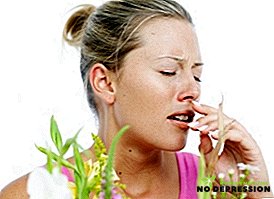
- nasal sinuses;
- pain in the eyeballs and cheekbones;
- general weakness;
- headaches.
Also, allergic sinusitis occurs as a reaction to the proliferation of polyps in the nose and is only treated surgically.
The treatment of allergic sinusitis can also include surgical removal of polyps (if they become the cause of the disease), as well as special breathing exercises and proper nutrition with a complete rejection of bad habits.
Extremely useful are walks in coniferous forests and rest on the sea, where the air has healing properties for people with diseases of the broncho-pulmonary system and the respiratory tract.
Also about the treatment of antritis much useful can be found in the following video.





